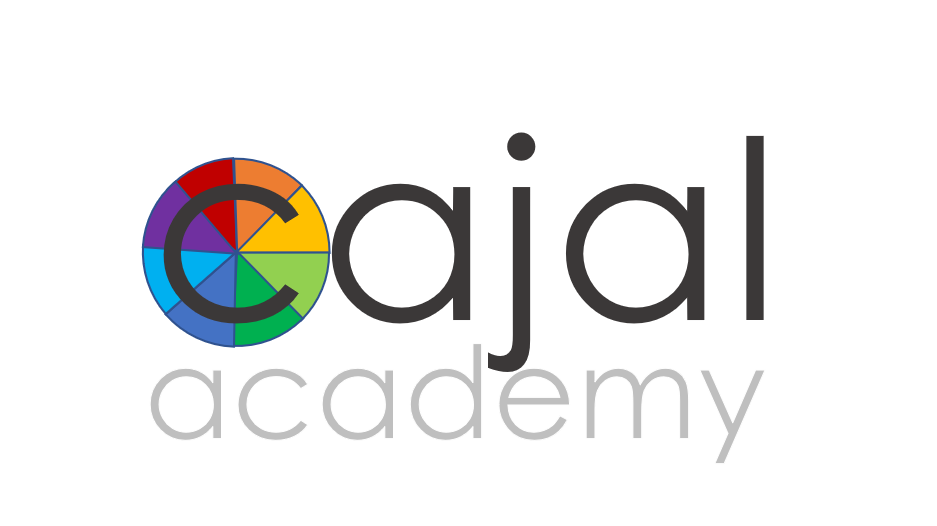Saluting Simone: On the Primacy of Prioritizing Mental Health
By the time I sat down with my athletically-ambitious 10 year old to watch last night's broadcast of the US women's gymnastics team final, I already knew what had happened--I suspect we all did.
And that's precisely why I pulled him in to watch it with me: because I couldn't think of any better role model--especially in the world of sports--than a competitor who was willing to put her mental health above once again winning that highest of athletic accolades: Olympic gold.
Our children should all be so courageous and, strategic.
Now "strategic" may seem an odd thing to say in this context--after all, it's not like bowing out of competition is generally considered the most direct pathway forward in sport. But if we pull the lens back and look at that sport as just one facet of a life that I hope will for Simone be well-lived, then refusing to let that moment take down here bigger mental health is strategic indeed.
This is something that we were forced to confront early in the process of creating the custom program for my son that evolved into Cajal Academy. It was apparent that the potential was there, and the abilities were real--and equally clear that a seemingly immutable accumulation of self doubts and prior academic trauma (fueled by a mix of unaddressed learning differences) stood in the way of accessing those skills. As a "Type-A," go-getter mom, my starting assumption was to just plunge in with better, "funner," more expertly-differentiated curriculum. After all, my own childhood experience had been that learning was fun (which helps to explain why I kept at it all the way through law school and 7 years as a corporate litigator).
But that's not what was happening for my kid.
One beautifully crafted lesson after another fell into a virtual scrap heap on the floor, as the certified teacher we'd hired became more and more discouraged, unsure how to crack the code that triggered his panics. Until one day we realized that we had it backwards: his panics were themselves the trigger.
As Dr Steven Mattis would explain when he joined our team, my son wasn't having an "overly big reaction" to the learning tasks we were putting before him, he was having a proportionate reaction to something that his prior experiences had taught him were (in Dr. Mattis’ words) an existential threat. This, Dr Mattis explained, is how prior trauma works:
"Once a child has experienced trauma, which can include repeated experiences of academic failure, particularly in front of peers, their brain becomes rewired to be hyper-vigilant to danger. Once that danger is perceived, they are sent into a state of freeze fight or flight. And once in that state, all neuronal activity is immediately sorted into two categories: things that help you to survive and things that do not.
"This happens automatically, and the blood flow shifts from the parts of the brain that you need for reasoning to the parts of brain of the brain that you need for survival--and when in that state, learning is literally not possible. For children who have experienced this to learn, it is therefore essential that they feel safe."
As I absorbed this idea--first as a scientific principle and then as a mom--I realized that his prior trauma and all the negative messages he'd absorbed about his own abilities was not something that we were going to be able to go around or step over. Nor was it something we could neatly set aside until his pre-appointed time to work with Dr Mattis rolled around each week. Rather, It was something that we were going to have to travel through.
From there, the pieces started to fit into place--and to form a very different picture from how any of us had thought about curricular progression before. Connection to his team of teachers and therapists comes first, as the shortest path from where he stands to feeling safe. Fears, anxieties and traumas get addressed as they arise--and voicing those fears is met with celebration from staff and peers. And curriculum? Instead of a battle for each incremental nugget of learning, it further strengthens the connection, as he comes to see his teachers as those adults with whom he finally gets to experience his own strengths.
In other words, for real, physiological reasons, mental health is the "gating item" that we have to address if we're going to gain the full potential and not just one more incremental worksheet or brass ring.
Or, gold medal.
In my own humble opinion, Simone Biles was already a pretty phenomenal role model. She pushed her sport as far as it had ever gone, she brought home countless medals and led other young women in the quest to do so. As if that's not enough, she found the courage to confront and to speak publicly about her sexual abuse at the hands of team doctor Larry Nassar. In fact, in a televised interview this week she explained that the reason she had pushed herself to make it to the Tokyo Games was to hold USA gymnastics' feet to the fire by ensuring that one of his survivors was still competing at the games--so that the hundreds of others' voices would still be a part of the Olympics conversation. That is nothing short of extraordinary.
And yet in my view, this latest act tops it all. To decide that our mental health isn't worth whatever compromise we're called on to make in order to achieve success--and even our own dreams--is the hardest and most powerful decision that any of us can make.
Whether or not Simone takes the stage one more time at these Tokyo Games, and whether or not she claims one more Olympic victory, she will forever be a champion both in gymnastics and in life, and a role model not just for our kids but for us all.

